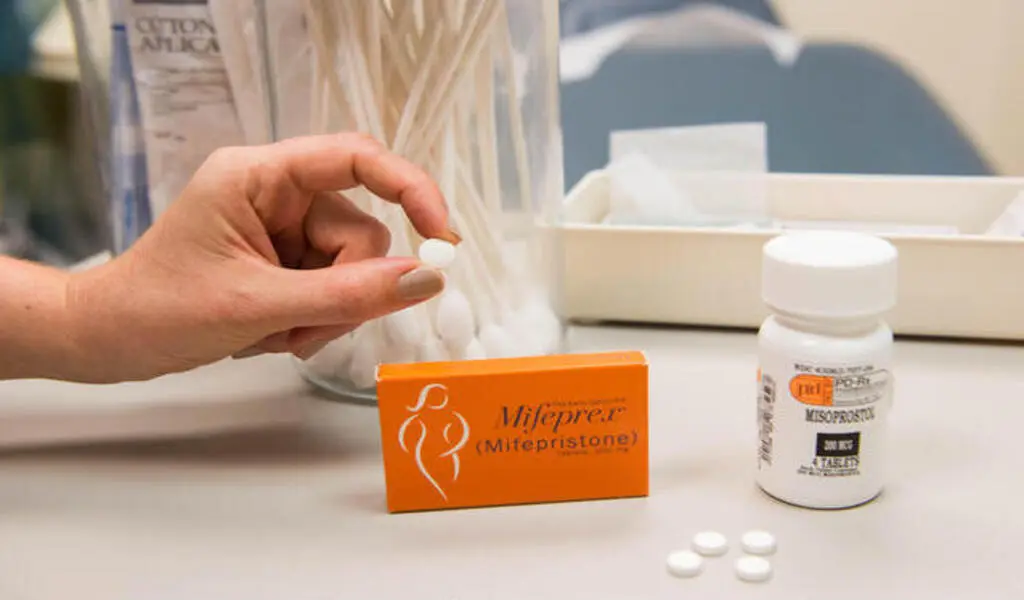(CTN News) – Despite a Supreme Court decision that, for the time being, maintains Food and Drug Administration regulations allowing easy access to the medication, the abortion pill mifepristone is banned or restricted to varying degrees in 27 states.
Anti-Abortion Doctors Sue FDA Over Mifepristone
Last week, the Supreme Court acted on an emergency basis to reverse restrictions placed on the use of the abortion drug mifepristone by lower federal courts. These restrictions apply even in states where abortion is legal.
The court decided after a group of pro-life doctors sued the FDA. They want to make sure the FDA removes mifepristone from shelves completely. The Biden administration is fighting against this.
The oral arguments are set for May 17 before the United States Court of Appeals for the Fifth Circuit.
Regardless matter who wins at the appeals court level, the losing party will almost certainly seek the Supreme Court to weigh in on the legitimacy of the FDA’s regulations.
The Supreme Court’s decision on Friday upheld FDA regulations that have, for years, permitted women to get a mifepristone prescription through a telemedicine consultation and have the medication shipped to their home.
The Food and Drug Administration (FDA) previously mandated that patients either get mifepristone from a health care practitioner in person or take the medicine under the supervision of a health care provider.
While the Supreme Court’s decision will have a greater impact in liberal states that had allowed greater access to abortion since last summer when the court overturned the half-century-old federal constitutional right to abortion, the decision will have little or no effect in conservative states that have banned the procedure.
Mifepristone Remains Largely Unavailable in 13 States
In the 13 states where abortion is illegal, mifepristone will continue to be difficult to obtain.
The Guttmacher Institute, a non-profit organization that advocates for abortion rights, lists these states as Alabama, Arkansas, Idaho, Kentucky, Louisiana, Mississippi, Missouri, North Dakota, Oklahoma, South Dakota, Tennessee, Texas, and West Virginia.
When a woman’s life is in imminent danger, abortion is legal in certain states.
The states of Idaho, West Virginia, and North Dakota all make allowances for unwanted pregnancies caused by rape or incest, albeit, in North Dakota, this is the case only up until the sixth week of pregnancy.
Over and above the FDA limitations temporarily upheld by the Supreme Court, fourteen other states have limits on mifepristone.
The medication is only available by prescription in those states.
Pending Federal Lawsuits to Overturn Mifepristone Restrictions in North Carolina and West Virginia
The ones in question are Alaska, Arizona, Florida, Georgia, Indiana, Iowa, Michigan, Nebraska, Nevada, North Carolina, Ohio, Pennsylvania, South Carolina, and Utah.
There is a ban on abortion in the early stages of pregnancy in the states of Florida, Georgia, and Ohio.
The Food and Drug Administration has authorized using mifepristone to terminate pregnancies up to 10 weeks.
Legal challenges to the mifepristone ban in North Carolina and West Virginia have been filed in federal court.





